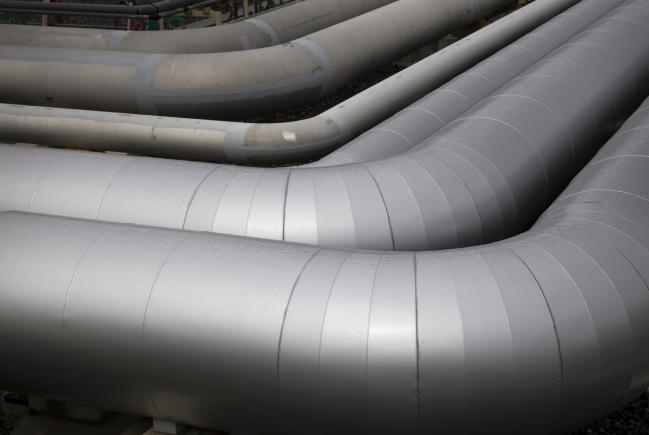(Bloomberg) -- Papua New Guinea’s Finance Minister James Marape has left the government, citing differences with Prime Minister Peter O’Neill over resources policy, days after the state signed a deal with France’s Total SA (PA:TOTF) on a liquefied natural gas expansion project.
Marape announced his resignation in a Facebook Inc (NASDAQ:FB). post, saying his voice was not being heard on policy-related matters, including the need to get more local participation in the gas, oil and mining industries. He didn’t respond to a request for comment on Monday.
“I have raised my views and concerns on those areas yet I have come to realize that most of my advices find no traction and is non compatible with Prime Minister’s world view, thus it is only fitting that I exit cabinet,” Marape said in the April 11 post.
O’Neill accepted the verbal resignation of Marape and said he would assume the role of finance minister temporarily, the Post-Courier paper reported. O’Neill’s office didn’t respond to a request for comment.
“There’s clearly frustration about how the deal has played out and how the prime minister has managed negotiations,” said Jonathan Pryke, director of the Pacific Islands Program at the Lowy Institute. “The PNG government has always demanded to have a slice of ownership in these projects, and that could have been a sticking point. Maybe he felt they weren’t getting enough of the pie.”
To read about Exxon (NYSE:XOM) and Total’s gas expansion plans in PNG, click here.
The Papua LNG expansion is part of a larger gas development in the nation, which could cost as much as $13 billion and include three new LNG production units to be built alongside the existing $19 billion Exxon Mobile Corp.-operated PNG LNG project. Last week’s agreement covers two of the trains while the third, which will rely mainly on the Exxon-operated P’nyang field, still requires a separate gas agreement with the government.
The PNG government had been under pressure to get a better deal, following criticism from the World Bank and International Monetary Fund that the country’s original LNG project delivered its people only limited benefits.
(Adds political analyst comment in fifth paragraph.)
